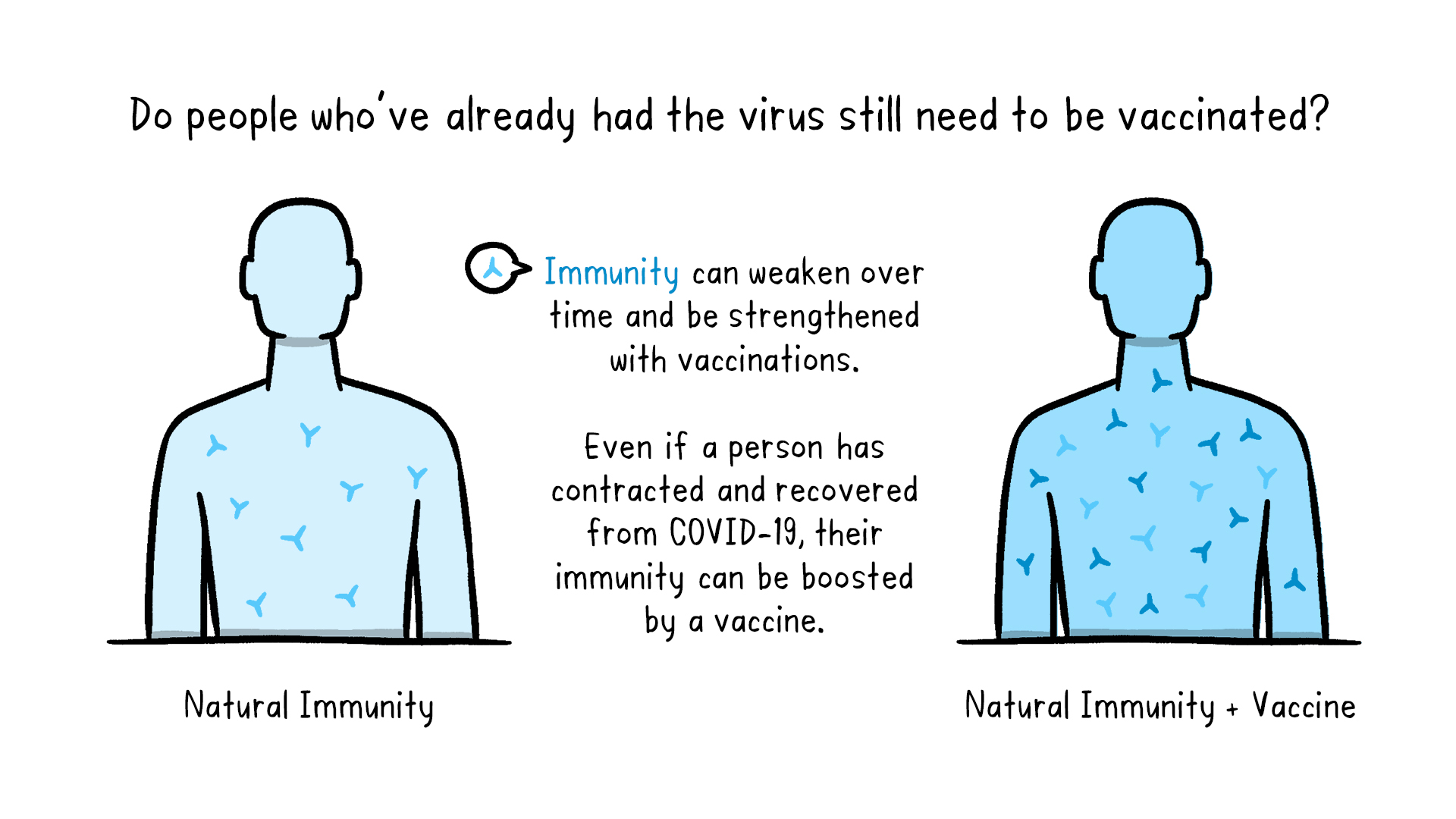A third dose of a Covid-19 vaccine may boost protection for some people with weakened immune systems according to a study published Monday in the. The Pfizer-BioNTech clinical trial evaluated vaccine effectiveness 1 week after participants had gotten their second dose.
Covid 19 Vaccine How Long Side Effects Last When Protection Kicks In
In clinical trials this vaccine was 66 effective in preventing the COVID-19 virus with symptoms as of 14 days after vaccination.
How long does it take for covid vaccine to protect. To address those questions we spoke with Jennifer Pancorbo director of industry programs and research at NC States Biomanufacturing Training and Education CenterPancorbo is an expert in vaccine manufacturing with particular expertise in. Only with time will we learn how much longer protection lasts. Researchers found that the vaccine was 95.
How long does it take for the COVID-19 vaccine to work. One is that the three coronavirus vaccines authorized for use in the United States provide a high degree of protection for at least three months based on clinical trials that began as early as last. How long does it take to have immunity after vaccination.
According to the CDC full protection occurs two weeks after the second dose of the Pfizer-BioNTech or Moderna COVID-19 vaccines or two weeks after the single-dose Johnson Johnson vaccine. Both the Pfizer and the AstraZeneca COVID-19 vaccines require the full 2 dose course for the best immune response. Whilst partial protection against COVID-19 may be as soon as 12 days after the first dose this protection is likely to be short lived.
Both the PfizerBioNTech and Moderna mRNA vaccines protect against COVID-19 for at least six months. On 24 February the New York Times reported that the Johnson. So if you decide to consider yourself fully protected two weeks after your first dose or decided to follow the CDCs advice and wait another month theres no statistical evidence that it will.
Regardless of which vaccine you get you wont reach full protection until two weeks after your second or final dose. The vaccine also was 85 effective at preventing severe disease with the COVID-19 virus at least 28 days after. Clinical trials show COVID vaccine protection is optimal from about two weeks after your second dose.
After receiving a COVID-19 vaccine it takes weeks for your immunity to build. Studies show that getting one dose of a COVID-19 vaccine offers more than 70 per cent protection but the second dose is what helps fully strengthen the immune response. This represents the minimum period of protection.
For comparison Modernas COVID-19 vaccine which is also mRNA-based was 90 percent effective against symptomatic infection 95 percent effective against severe cases after six months the. How long will protection from the COVID-19 vaccines last. Thats about how long it takes your immune system to mount an antibody.
In the meantime there are a few things we do know. We would like to show you a description here but the site wont allow us. In this post we focus on how long it takes to develop and manufacture vaccines particularly those designed to protect against COVID-19.
Discussions of Covid vaccine efficacy have focused on the vaccines ability to prevent severe illness death and hospitalization. According to the CDC study Moderna. Like Pfizer people with Moderna COVID vaccines will be considered fully protected 14 days post-second jab.

How Long Will Covid 19 Vaccines Protect You From Infection Quartz
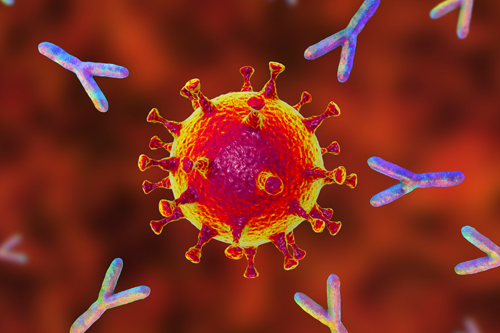
Immunity After The Covid 19 Vaccine 6 Facts You Need To Know
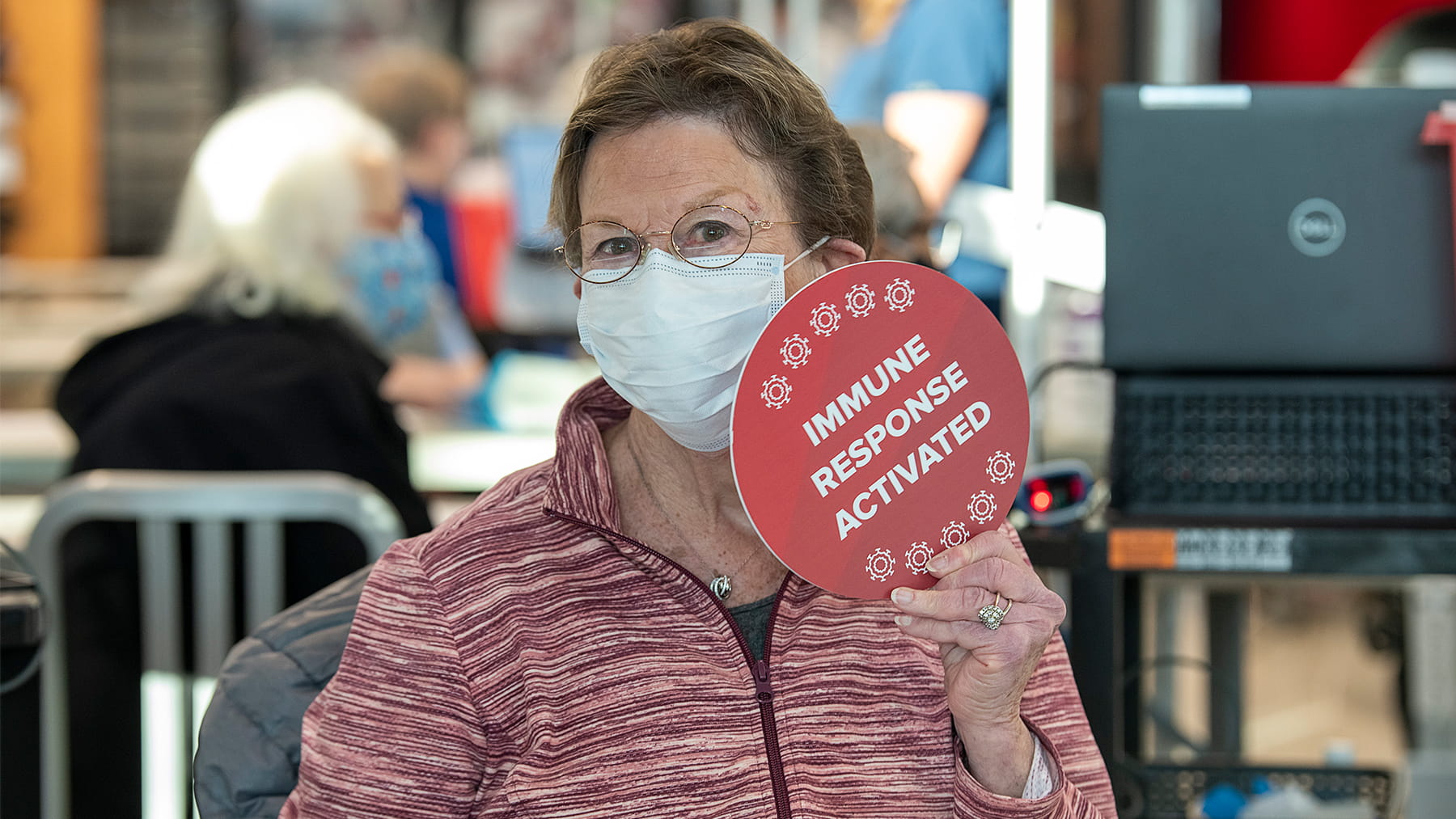
How Long Does It Take For The Covid 19 Vaccine To Work Ohio State Medical Center
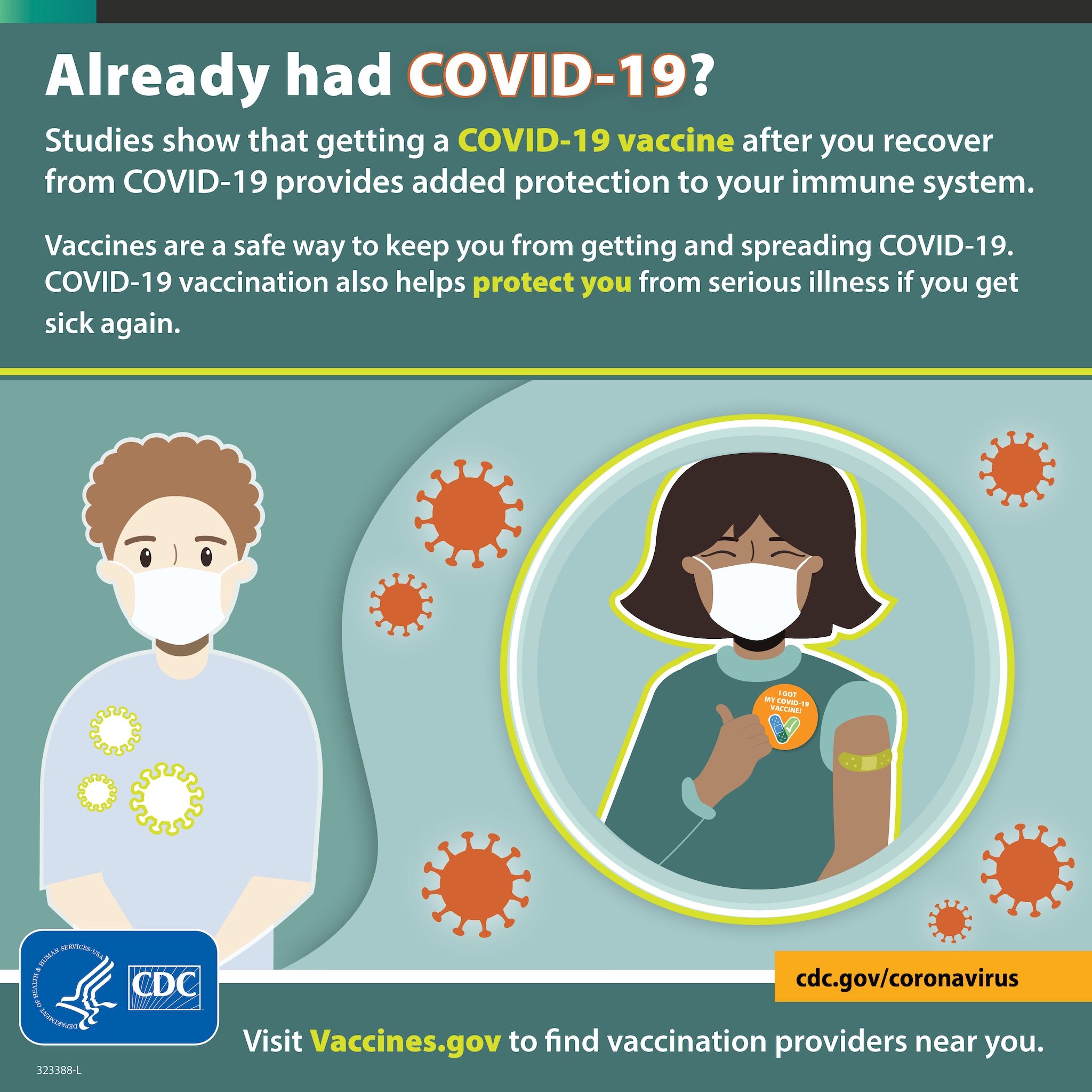
Preparing For Your Covid 19 Vaccination Cdc

Infographic How Mrna Vaccines Protect You Against Covid 19
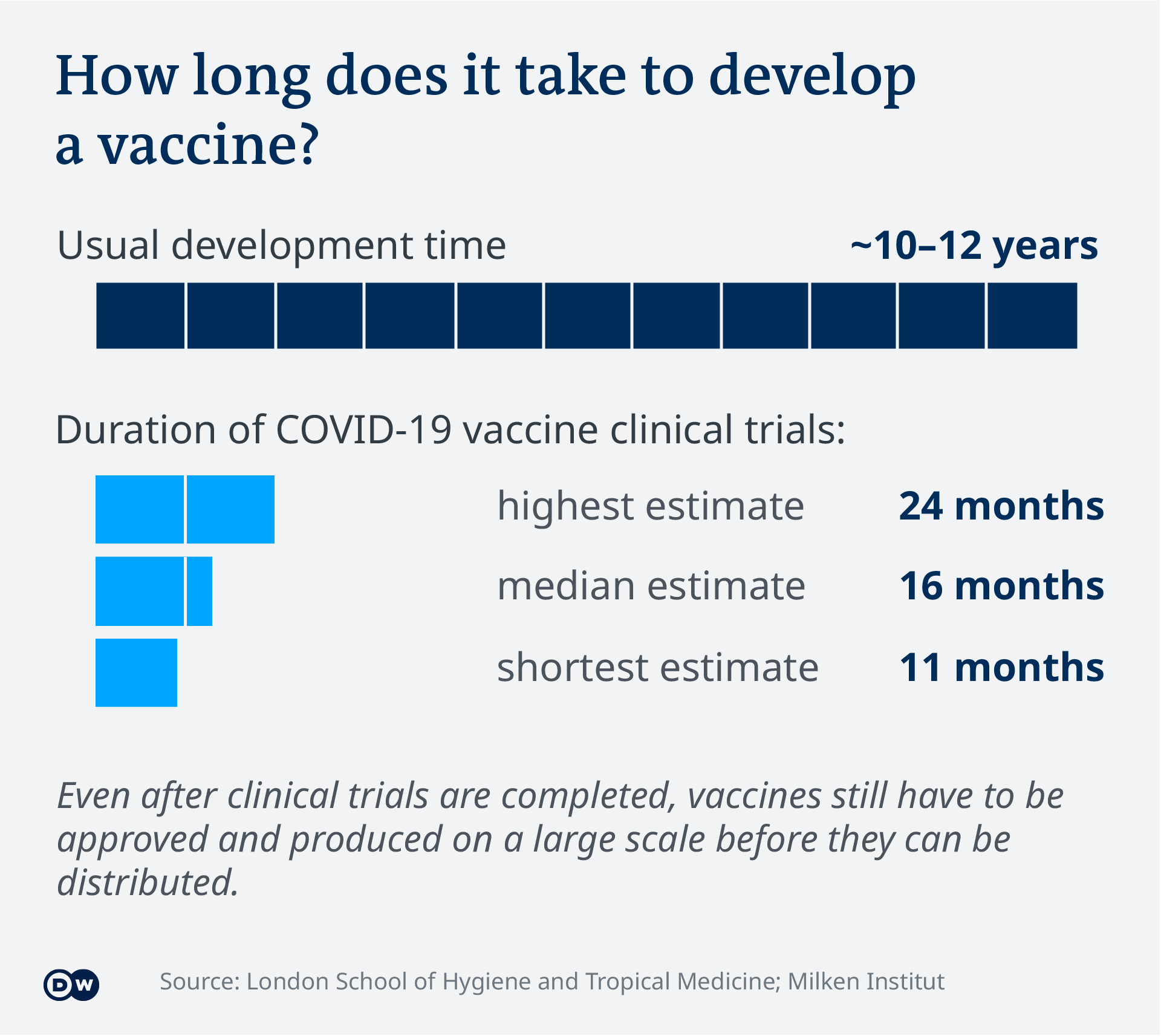
Covid 19 Vaccinations What S The Progress Science In Depth Reporting On Science And Technology Dw 14 08 2021

